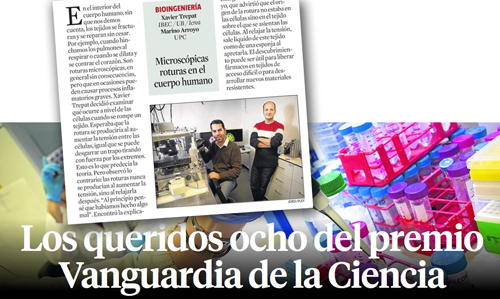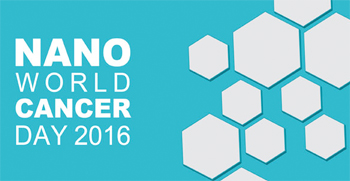Micromotors use surface variations for docking and guiding
Researchers at the Institute for Bioengineering of Catalonia (IBEC), the Max-Planck Institute for Intelligent Systems and the University of Stuttgart have revealed in an article in Nature Communications today that micromotors can be guided using tiny topographical patterns on the surfaces over which they swim.
Samuel Sánchez and Mykola Tasinkevych’s ‘microswimmers’ are usually guided through fluids using specially engineered magnetic multilayer coatings, which combined with external magnetic fields, helps to control their trajectory.

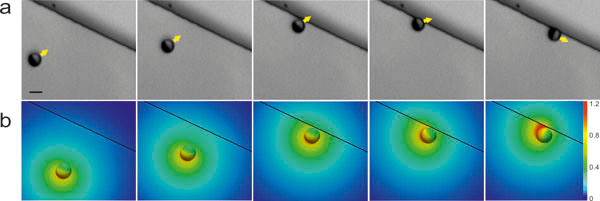
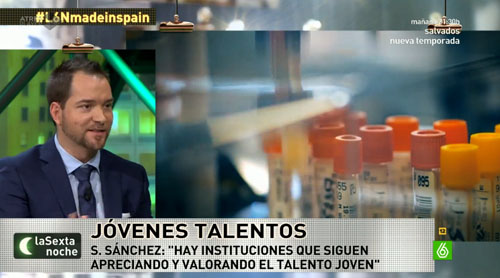
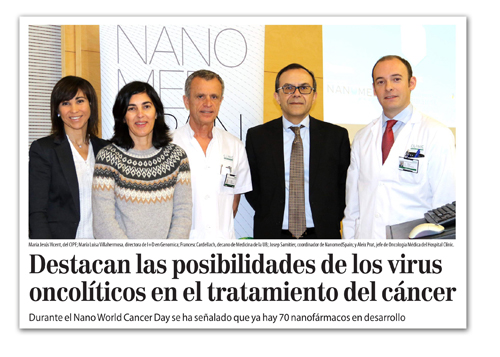
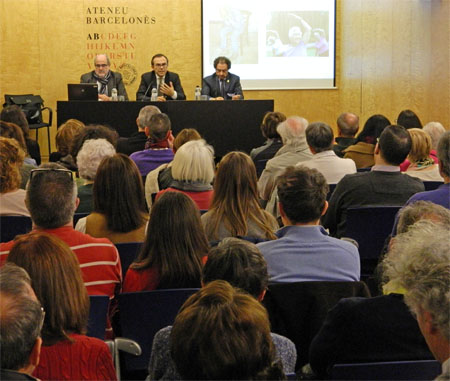
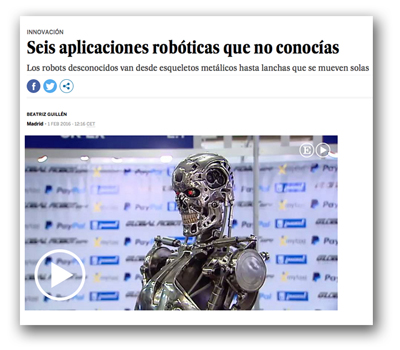
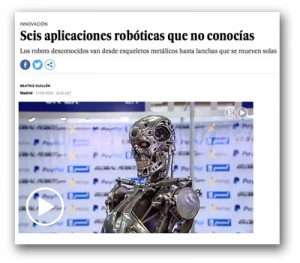 Samuel Sánchez’s nanorobots are one of the “Seis aplicaciones robóticas que no conocías” described in an article in El Pais today.
Samuel Sánchez’s nanorobots are one of the “Seis aplicaciones robóticas que no conocías” described in an article in El Pais today. 
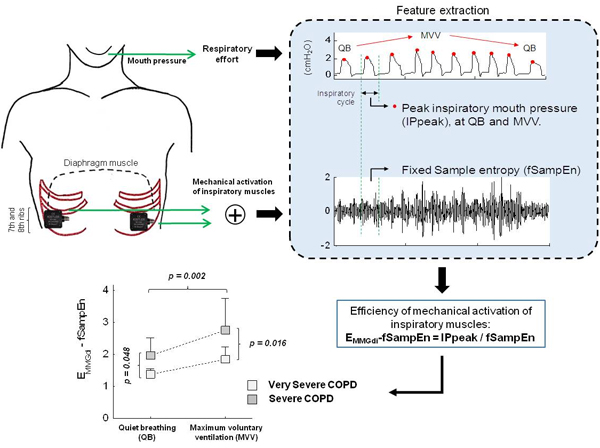
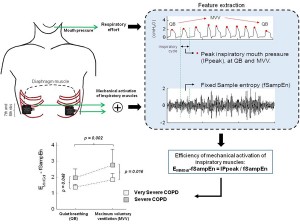
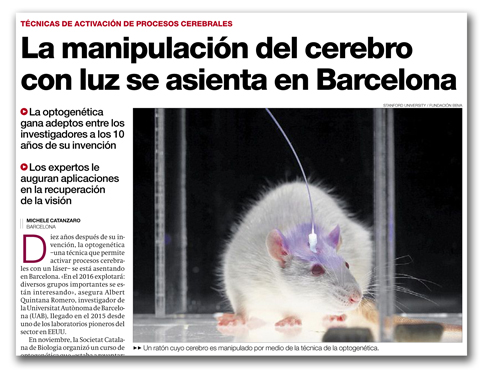
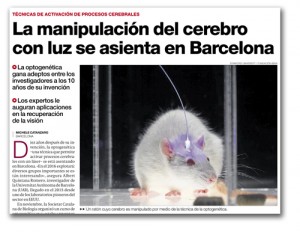 IBEC group leader and ICREA research professor Pau Gorostiza features in an El Periódico article about optogenetics, which is booming in Barcelona.
IBEC group leader and ICREA research professor Pau Gorostiza features in an El Periódico article about optogenetics, which is booming in Barcelona.